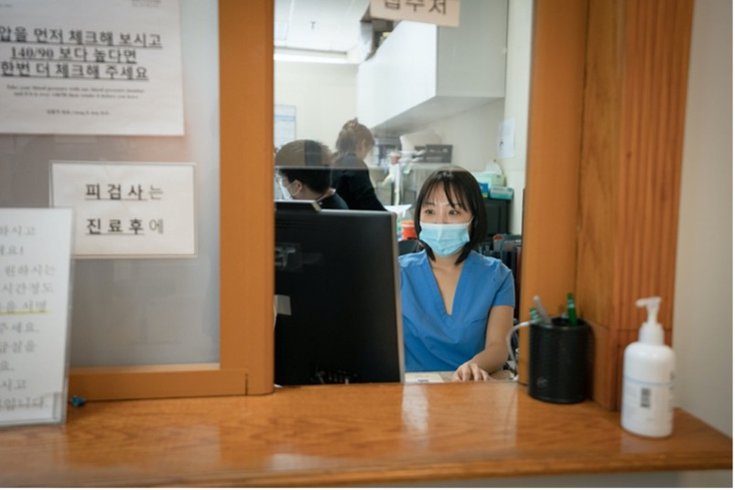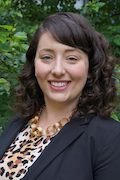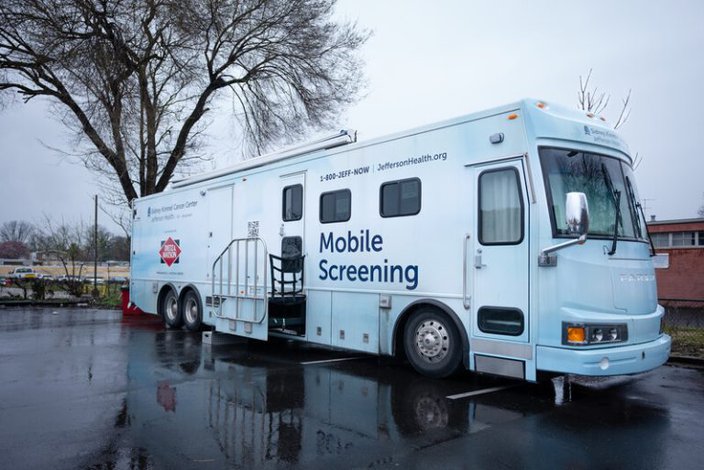
June 16, 2023
 Provided Courtesy/IBX
Provided Courtesy/IBX
Dr. Chong D. Kim’s office located in the H Mart on Old York Road in Elkins Park.
Preventive screenings are key to preventing many illnesses and detecting health conditions in the earlier stages when they are most treatable.
But, in our on-the-go world, people are busy trying to keep up with life’s day-to-day demands. Traveling to get a preventive screening is not always on the top of the “to-do” list. Especially if you don’t have transportation, are worried about having to spend a long time in the waiting room, or are anxious that the staff won’t speak your language.
Independence Blue Cross (Independence) Population Health Specialists can make it easier for patients to get the preventive screenings they need. It’s one of the many things they do to improve patients’ health. They work closely with primary care doctors to develop strategies and leverage tools that help identify gaps in care and resolve them.
Lia Scalzo, Population Health Specialist
“Wherever screening can be mobile, it should be,” Scalzo said. “Lives are busier, sentiments change, and people are feeling more uncomfortable with the idea of entering a hospital or an unknown space to prioritize this type of care.”
Scalzo supports several practices throughout the region. Dr. Chong Duk Kim, a primary care doctor with a practice in Philadelphia, runs one of the practices she works with often. She has helped bring Jefferson Health’s Mobile Cancer Screening Van to her office on multiple occasions. Her patients have been able to pre-schedule appointments to be screened for breast cancer on the van while it’s there. They have had little to no wait and less anxiety because they’re already comfortable with the office. There are also fewer language barriers for those whose first language isn’t English, because the office has staff who know the patients and can help translate.
“True access to health care goes beyond removing physical and financial barriers. It’s about understanding and meeting patients at their level, with respect and empathy, and empowering them to take an active role in their health journey,” Dr. Kim said. “When we remove the barriers to health care, we increase access and build trust, foster communication, and promote a culture of health equity. By acknowledging and addressing patients’ unique needs and circumstances, we can create a health care system that truly serves and supports everyone.”
The van gives patients a quick and easy way to prioritize and maintain their breast health in just 20 minutes (10 minutes to register and 10 minutes to get screened). Patients change in a private area and are screened by a certified mammography technologist from Jefferson Health. Screening results are later provided by the patient’s primary care doctor. Scalzo has also helped bring Fox Chase Cancer Center’s Mobile Screening Unit to practices.
“Offices can be stretched thin. We have the bandwidth to help them make little changes that can have a big impact. I love working with independent practices to help them achieve their goals and grow,” Scalzo said. “Even helping them simply adjust the way they communicate with patients can help get more people into the office for care.”
Scalzo does more than bring mobile screening to practices; she helps them identify and address overall gaps in care by sharing reports that give doctors a full picture of their patient population.
“I love being able to be a face that a practice can go to when they’re facing an issue. I can be a real person who can hear them on the real issues they’re facing and come to them with real solutions based on real data,” Scalzo said. “At the end of the day, we all want the same thing – to build happier and healthier communities. And I’m proud to play a part in that.”
With a master’s in public health, Scalzo was drawn to the role because she loves looking at health care through the lens of prevention versus treatment. She values the role that medicine plays in our well-being and wants to find ways to work with patients and practices to make health care more accessible.
Independence is a leader in value-based care. That means the doctors and hospitals in our network are paid based on the quality of the care they give, not the volume of services they deliver. We work with them to be sure they have the tools, data, and support they need to understand their performance and deliver the most effective care to their patients. It is dedication from population health specialists like Scalzo that help make this happen.
This content was originally published on IBX Newsroom.

